Yugoslavia 1992 stamps Summer Olympic games Barcelona full set MNH **
The 1992 Olympic Games in Barcelona captivated the world with its spectacular Opening Ceremony and memorable sporting achievements. However, the Games’ influence extended well beyond the realm of sports, leaving a lasting impact on the city itself.
Barcelona, already known for its rich history and culture, used the global spotlight of the Olympics to showcase its vibrant atmosphere and modern amenities. The Games served as a catalyst for the city’s transformation into a metropolitan hub and positioned it as one of Europe’s premier destinations.
The influx of visitors and media coverage during the Olympics provided Barcelona with unprecedented international exposure. This exposure not only boosted tourism but also attracted investment and stimulated economic growth. The city’s infrastructure received significant upgrades, including improvements to transportation, hospitality, and public spaces, enhancing its appeal as a cosmopolitan center.
Moreover, the success of the Barcelona Olympics left a legacy of civic pride and unity among its residents. The Games showcased the city’s ability to host a major international event while celebrating its cultural heritage and embracing diversity.
In essence, the 1992 Olympic Games in Barcelona not only left behind cherished memories for sports fans but also played a pivotal role in shaping the city’s identity and cementing its status as a global metropolis.
The 1992 Barcelona Olympics, officially known as the Games of the XXV Olympiad, marked a significant moment in Olympic history, both in terms of its staging and the geopolitical context surrounding it. One of the most notable aspects of these Games was the sense of unity and cooperation among participating nations, which was particularly meaningful for the Olympic Movement.
The backdrop of the 1992 Olympics was shaped by major geopolitical changes, including the fall of the Berlin Wall in 1989 and the subsequent dissolution of the Soviet Union in 1991. These events had a profound impact on the composition of participating nations at the Olympics.
For the first time since 1972, the Games were free from boycotts, reflecting a newfound sense of unity and inclusivity in the Olympic community. Germany, previously divided into East and West, sent a single delegation team to the Games, symbolizing the reunification of the country.
Additionally, several former Soviet republics, including Estonia, Latvia, and Lithuania, competed as independent National Olympic Committees (NOCs), highlighting their newly gained independence. Furthermore, twelve other former Soviet republics came together to compete as the Unified Team, marching into the Opening Ceremony under the Olympic flag.
This display of unity and collaboration among nations, despite recent geopolitical upheavals, underscored the spirit of the Olympic Movement, which aims to promote peace, friendship, and mutual respect among nations through sport. The 1992 Barcelona Olympics thus served as a powerful symbol of hope and reconciliation during a period of significant global change.

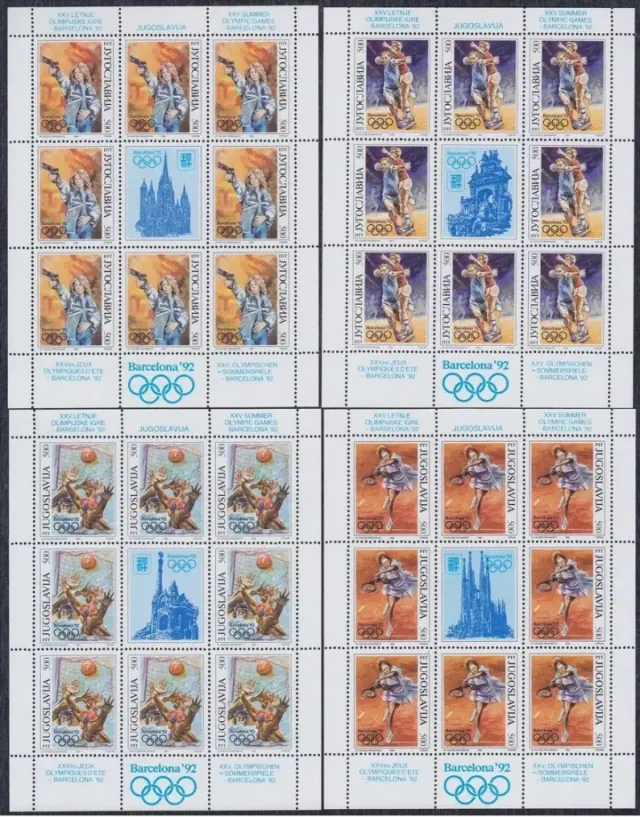
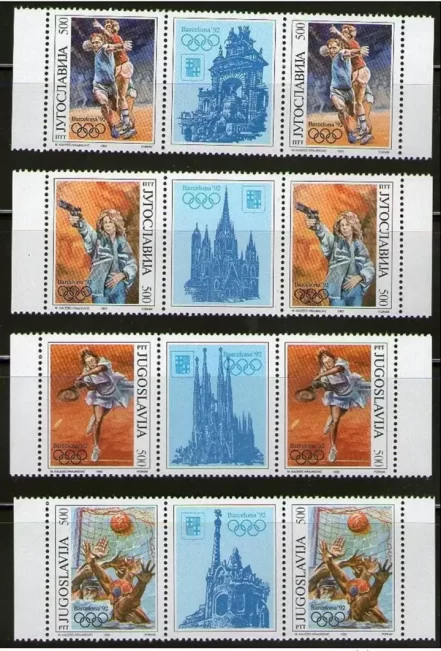
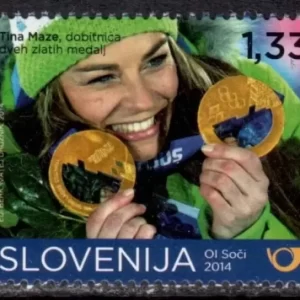

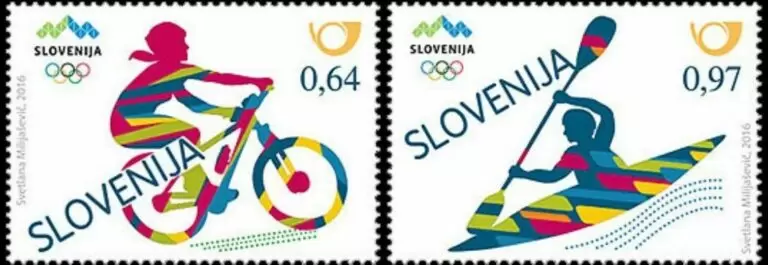
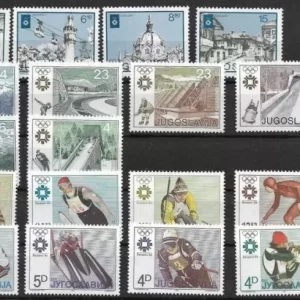
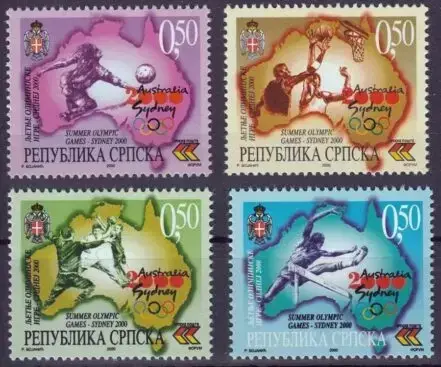
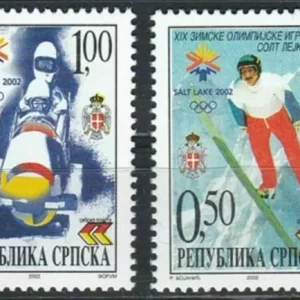
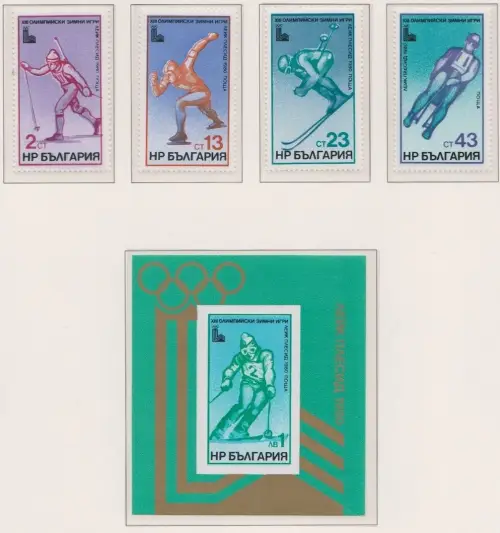
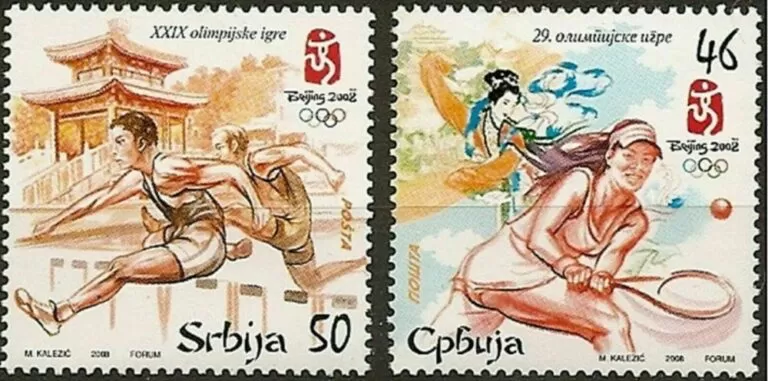
Reviews
There are no reviews yet.